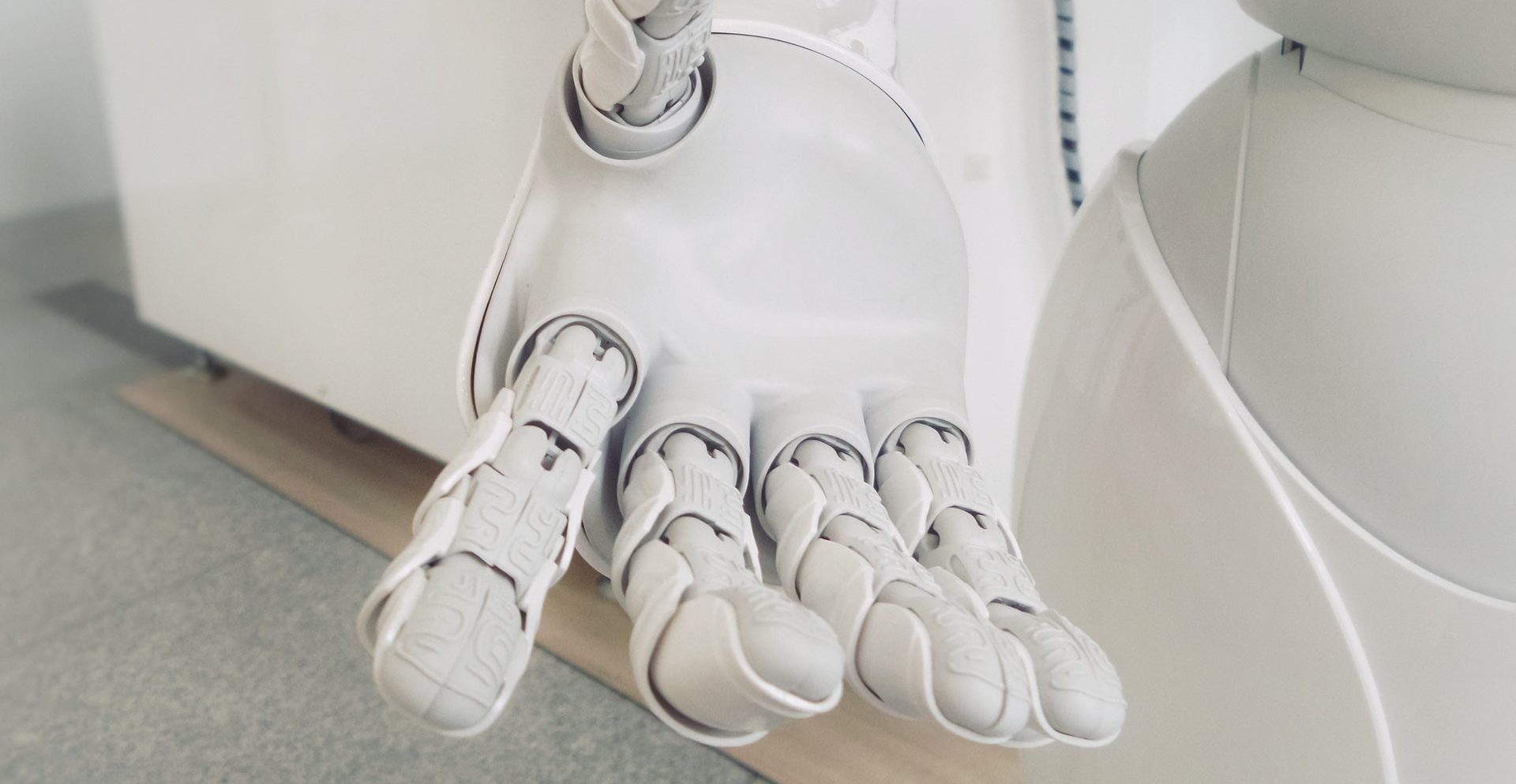Sheffield Children’s Hospital using social robots to soothe children undergoing treatment
Sheffield Children’s Hospital is using social robots to soothe children undergoing treatment, as part of a pilot scheme and a behavioural study.
The study is being undertaken by the University of Sheffield in partnership with Sheffield Hallam University, and Sheffield Children’s Hospital themselves, and is sponsored by Sheffield Children’s NHS Foundation Trust.
It is led by University of Sheffield PhD student Brenda Littler, and supervised by Professor Paul Dimitri, who is a Professor of Child Health and Consultant in Paediatric Endocrinology at the hospital.
It aims to investigate the “emotional impact and reaction of children on meeting social robots”. According to the University of Sheffield, the reasoning behind this study is to determine whether social robots can have a wider application in the future for helping children visiting the hospital to feel less worried and anxious.
Researchers from the university will look at the types of interactions between patients from ages 5 to 12 and the robots, which can be programmed to interact through movement and speech. The team will then assess the reactions to determine how the robots affect the children’s emotions.
The Robots
There are two robots that are being used in the hospital, named Pepper and MiRo. MiRo is a small animal-like robot that resembles both a rabbit and a dog, whereas Pepper is a humanoid robot developed by Japanese company SoftBank.
MiRo can make animal-like noises and responds to touch, wagging its tail and moving its ears. Pepper, on the other hand, can dance, play musical instruments, read books aloud, and has a touch screen that allows the children to play games.
Both MiRo and Pepper visited the Theatre Admissions Unit, Ward 3, and the Haematology and Oncology Unit between September of last year and January.
The Findings
Though the study is still ongoing, preliminary findings have been positive. So far, the research has shown that the robots can reduce the worry, nerves, and anxiety in young patients of the hospital. Previous studies suggest that this will be true of the study as a whole.
In fact, the study has been so successful that Sheffield Children’s Hospital have since invested in six Robodogs, which can be remote controlled to sing, dance, guard, and bark. Their names are Rufus, Bella, Dexter, Kevin, Gary, and Polly.
Can you replicate this at home?
Though it is true that many houses play home to anxious or nervous children, especially when they are ill, it is also true that not every household can afford a walking, talking robot! Thus, though it might be effective in hospitals, it is probably not achievable on a household level yet.
However, motorised and remote-controlled toys can still have a positive effect on the emotions of our children when they are sick. For example, playing with remote controlled robots, motorised ride-on Audi kids cars, drones, and wind up cars can be a great way to distract even the most anxious poorly child.
Thus, even though you might not end up with an automated robot to help take care of your child when they are sick, you can still use the findings of this study to help you to repurpose their favourite toys to help to ease their anxieties.

